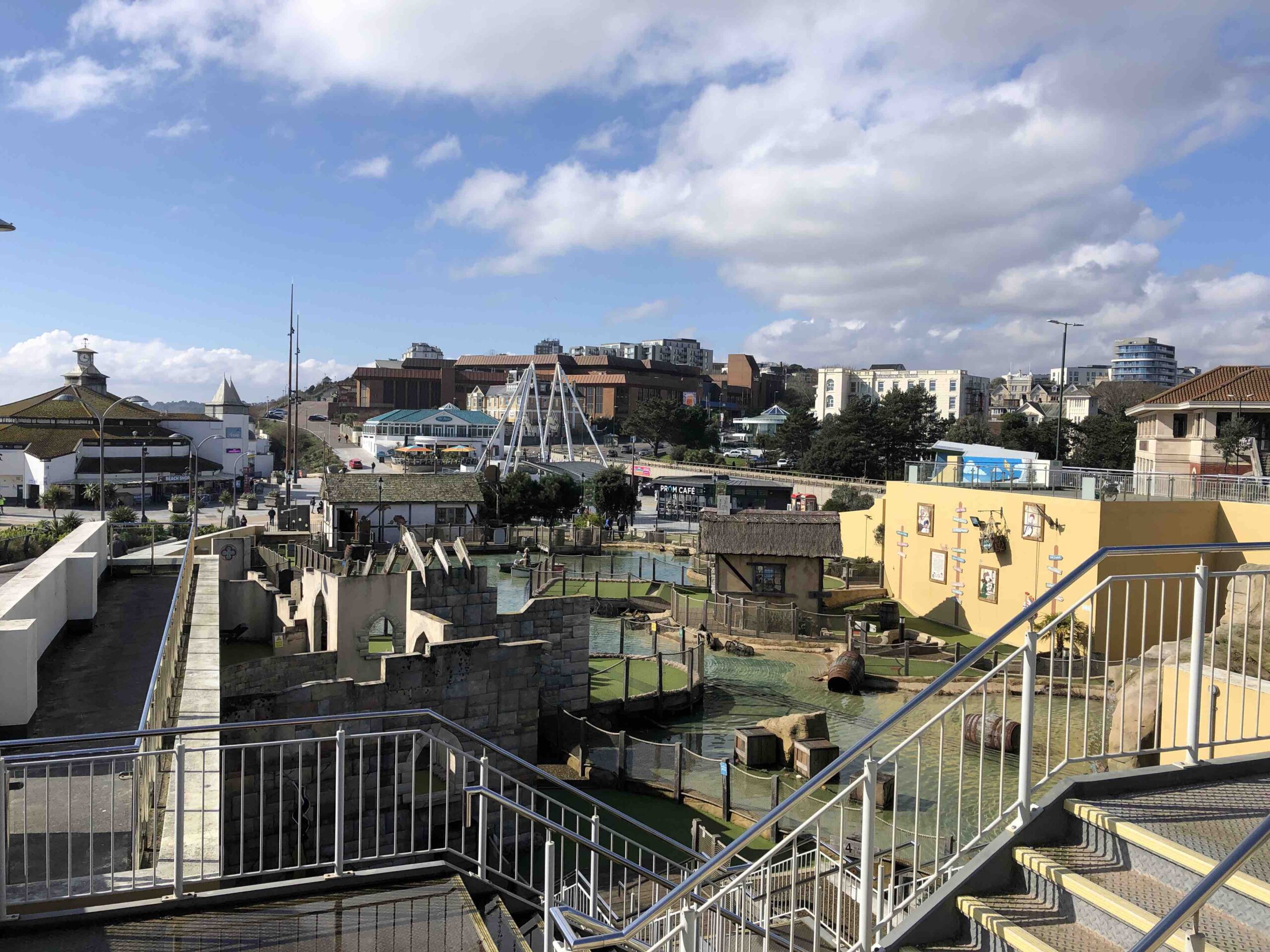14 February 2023
Homelessness is a complex issue and people understandably have concerns when they see someone sleeping rough on the streets.
Here, we put some of the most frequently asked questions to Cllr Hazel Allen, Lead Member for Homelessness, who has kindly offered to share her expertise.

What are the primary causes of homelessness in the BCP area?
Homelessness is a broad-term and covers anyone without a secure tenancy and includes people sleeping out on the streets, those sofa surfing, in emergency / temporary or supported housing/accommodation and those at risk of homelessness. This will be individuals, couples and families.
The root causes of homelessness are numerous, but the primary factor is relationship breakdown in all forms. This could be with family, partner, spouse or friends. It could be driven by financial issues and debt or loss of a work relationship due to the ending of employment for many reasons, including redundancy or health.
It may be the loss of a safe place to live, with people fleeing abuse, crime, violence or the breakdown of relationships with an accommodation provider, landlord, supported housing provider, friends or family that a person is staying with. It may be the result of leaving an institution such as the armed forces, hospital, prison or young people leaving care without the support required or suitable accommodation being in place.
Sadly, mental health, physical health and drug and alcohol addiction are big drivers of homelessness. In BCP those who rough sleep, and are most effected by homelessness, are young to middle aged men, with mental health and/or substance misuse issues. The highest concentration of individuals are seen in Bournemouth, often around the Town Centre.
Homelessness can take many different forms. What are they?
While rough sleeping is the most harmful and visible form of homelessness, the issue is much wider and often unseen, affecting individuals, couples and families, who live in B&B/temporary accommodation, hostels, sofa surfing with family or friends, or in otherwise unsuitable conditions.
A partnership team from Citizens Advice, Shelter, BCP Council homelessness prevention team and other debt advice services have created the ‘Let’s Talk Money’ helpline (01202 985104) to help anyone who is worried about losing their home.
What’s the difference between rough sleeping and begging?
Begging and rough sleeping are two distinct issues and need to be seen and treated in different ways. Not everyone who is rough sleeping will go out and beg, while those who beg are not necessarily without accommodation.
Just as there are a multitude of reasons why someone may end up without a home, there are many complex reasons why someone might beg. Some people may not have access to benefits or a wage. For others, it could be that they have somewhere indoors to sleep but need money to pay for other things, including food, drugs or alcohol. However, not having a fixed address does not stop individuals applying for and receiving benefits.
What should the public do if asked for money by a person on the street?
Although this is down to individual choice, I would always encourage the public not to give money to those who beg. Although you may feel you are helping, there is a good chance that this is not the case and that you are perpetuating a behaviour which is unhelpful and detrimental to that person moving away from sleeping rough and homelessness.
Some will choose to give food and drink, but again I would suggest you ask the person begging if they want anything before spending money on items that may not be wanted or required. If you want to help and give I would strongly encourage you to donate directly to charities/support services that help people experiencing homelessness, via our Change for Good crowd-funding platform: https://www.justgiving.com/campaign/changeforgoodBournemouth
Why do some people decline accommodation and continue rough sleeping?
Most individuals who have been rough sleeping are pleased to accept offers of accommodation in order to help move off the street.
Sometimes it is the offer being made that is the barrier to accepting, rather than an actual desire to remain on the street: this may be due to previous bad experience in a hostel, anxiety about being in an enclosed place or very specific mental health reasons or substance misuse addictions. So, the team do everything they can to find something that will work for that individual.
Why do some people who are helped off the streets fall back into rough sleeping?
Sadly, accommodation is not the only answer, it is just not that simple. Many of the people seen on the streets have been in accommodation or even have current accommodation they are not using or have abandoned.
Being able to offer robust, wrap-around care and support through joined-up partnership working across all stakeholders and multidisciplinary working is often the key to success.
While living on the streets is clearly a very unhealthy environment, for many it is an environment they know, feel they can control and it is often where their support comes from, and represents their friendship group, even if those friendships and relationships are often unhelpful and can be exploitative and abusive at times.
Meaningful life change is hard and sustaining change can be even harder and it will often take a few attempts to bring someone inside for good. Individuals need support with drug and alcohol addiction issues, mental health challenges, coming to terms with trauma, integrating back into society, dealing with health issues, managing money, maintaining a tenancy, building new healthier relationships, confidence, skills and finding work.
Those supporting them have to try and tackle all the issues a person may have and meet all their needs in order to help them, so that one area that has not been tackled does not undo the good work and achievements overall. This is where partnership working is key.
The government is using hotels to accommodate people seeking asylum in the UK. Could this scheme be extended for people sleeping rough in BCP?
We already use hotels and B&Bs to provide temporary and emergency accommodation and have done so for many years.
As discussed above, accommodation is not the only answer and people are much more likely to thrive in smaller blocks of dedicated accommodation, and individual homes with support alongside.
Hotels and B&Bs are not a suitable long-term solution and should always be used as little as possible, with robust processes in place for swift, positive move-on.
What can people do if they’re concerned about someone who is sleeping on the streets?
If you are worried about someone you’ve seen sleeping rough in Bournemouth, Christchurch and Poole, you can alert the BCP Street Outreach Service by emailing b&pstreetoutreach@mungos.org or calling 01202 315962.


